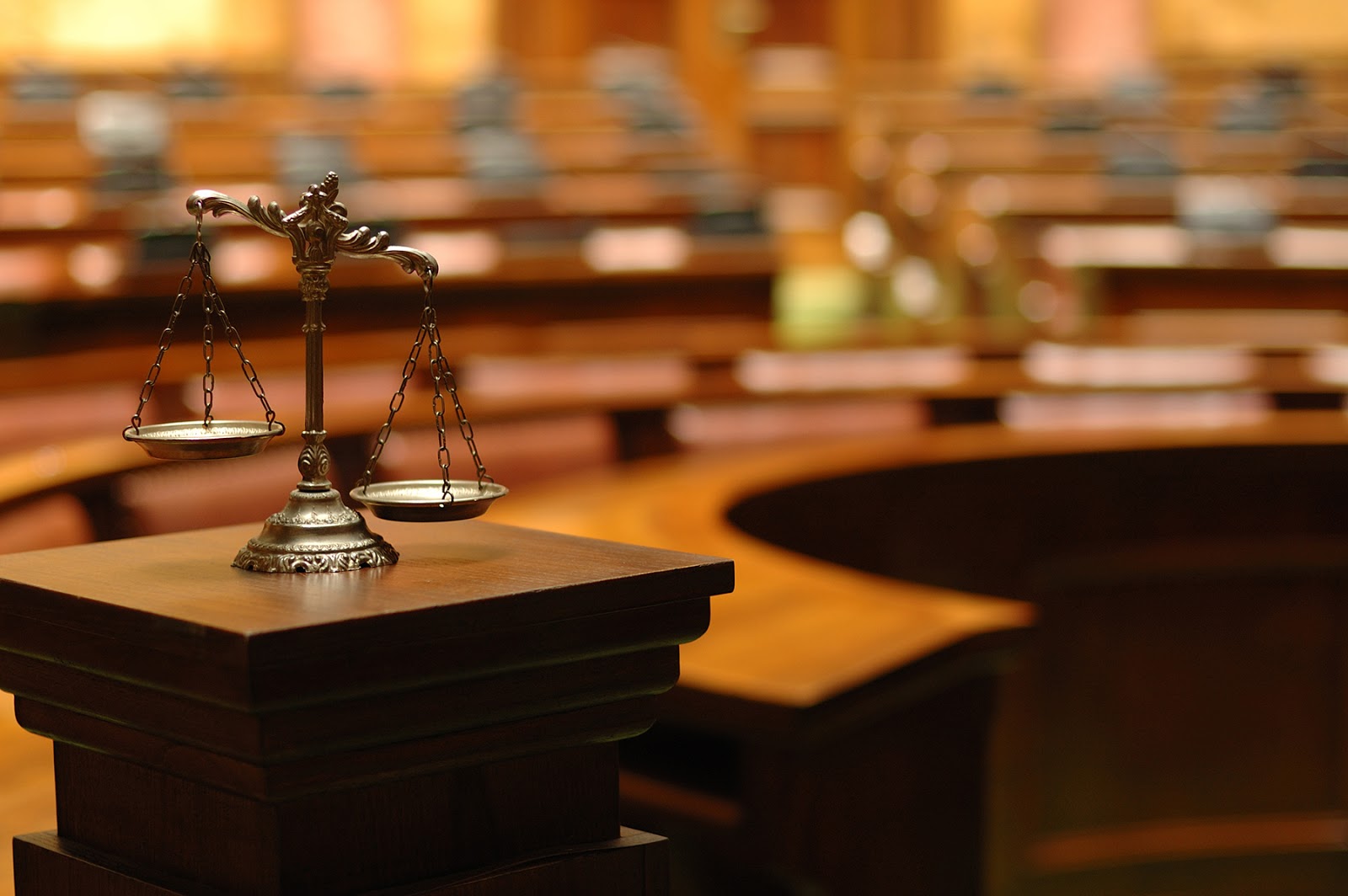
- Home
- About Us
- Departments
- Organogram
- Chairman CCB
- Departments
- Education and Advocacy Services
- Reform Coordination and Service Improvement
- Legal Services
- Intelligence, Investigation and Monitoring
- Finance And Accounts
- Human Resources Management
- Federal Public Service
- Federal Political Office Services
- POCA (Proceeds of Crime & Recovery Management)
- General Services
- State and Local Government Services
- Special Duties
- State Directors
- Assets Declaration
- Legal Matters
- Publications
About Us
About Us
The code of Conduct Bureau (CCB) is a Federal Executive Body set up by the Federal Government of Nigeria. The history of this establishment can be traced to the military administration of General Murtala Mohammed who appointed late Alhaji Isa Kaita as Chairman.
However, the Bureau was not functional until 1988 when General Ibrahim Badamosi Babangida’s administration appointed a ten (10) member Board headed by Late Canon H. Mohammed. It went further to promulgate decree 1of 1989 to give legal backing to the Code of Conduct Bureau and Code of Conduct Tribunal.

In 1999, the General Abubakar Abdusalami’s administration enshrined the Code of Conduct Bureau in Section 153, Third Schedule, Part 1 and fifth Schedule, Part 1 of the Constitution of the Federal Republic of Nigeria.
The CCB is headed by a Chairman and 9 Board Members. Currently the Bureau has Dr. Abdullahi Usman Bello as the Chairman and the following as Board Members:
Hon. E J Agbomayinma,
Barr. Ben Umeano,
Prof. Juwayriyya Badamasiuy,
Mr. Bulus I Zephaniah,
Hon. Abdulsalam Taofiq Olawale,
Mr.Ikpeme Ndem,
Justice Buba Nyaure.
Our History
The CCB was established in Nigeria in 1979 during the Second Republic after 13 years of military rule by the founding fathers of the first post-military constitution.
The 1979 Constitution provided a list of Codes of Conduct for public officers. The military administration of Murtala /Obasanjo inaugurated a Board before handing over  power to the civilian government in July 1983, which could not make appreciable impact because of the inability of the National Assembly of the second republic to pass the enabling law. Several years later in 1989, the Bureau got its legal mandate under the Babangida regime.
The Code of Conduct provision has since then maintained a permanence of some sort, in the 5th schedule of all constitutions following thereafter; 1989, 1993, 1995,1999 and the current 1999 constitution (as amended).
Enabling Law
Mandate and Powers of the Bureau
The Code of Conduct Bureau and Tribunal Act, Chapter 58 LFN 1990 gave the Bureau the mandate to establish and maintain a high standard of public morality in the conduct of government business and to ensure that the actions and behavior of public officers conform to the highest standards of public morality and accountability.
To implement the above mandate, section 3, part of the Third Schedule to the 1999 Constitution of the Federal Republic of Nigeria as amended has provided an enabling legal environment for the bureau to:
Receive declarations by public officers under paragraph 12 of part 1 of the fifth schedule to the constitution.
Examine the declaration in accordance with the requirements of the code of conduct or any law.
Retain custody of such declaration and make them available for inspection by any citizen of Nigeria on such terms and conditions as the National Assembly may prescribe
Ensure compliance with and where appropriate, enforce the provisions of the code of conduct or any law relating thereto.
Receive complaints about non-compliance with or breach of the provision of the code of conduct or any law in relation there to, investigate comliants and, where appropriate, refer such matters to the code of conduct tribunal.
Appoint, promote, dismiss and exercise disciplinary control over staff of the code of conduct bureau in accordance with the provisions of an act of the National Assembly enacted in that behalf and
Carry out such other functions as may be conferred upon it by the National Assembly.
